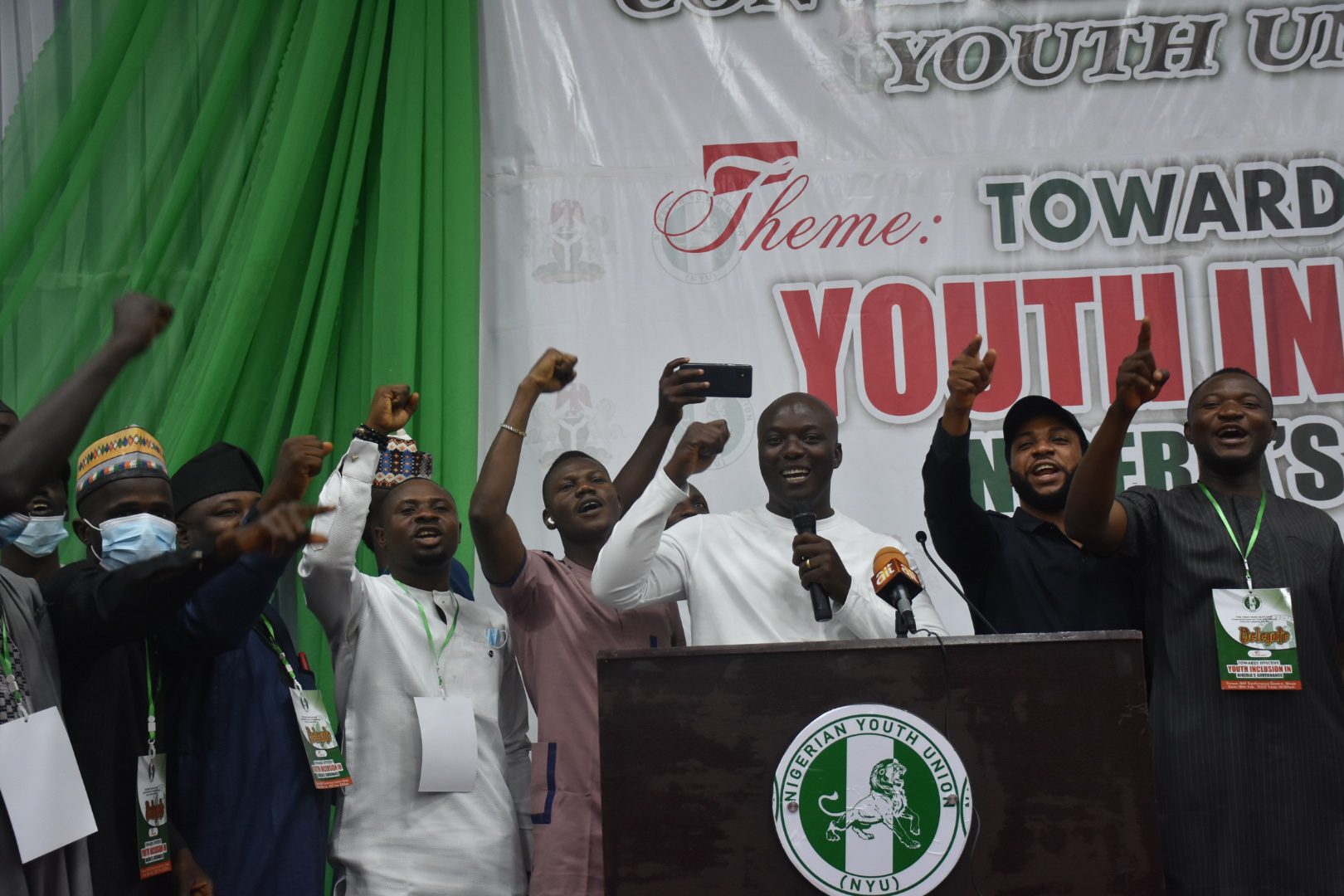Editorial
IYD: Encouraging Green Skills For Youths

Tomorrow, August 12, marks International Youth Day (IYD), a day dedicated to addressing the challenges faced by young people around the world. It is alarming to note that more than half of children aged between six and 13 lack basic reading and mathematics skills, underscoring the pervasive problem of childhood poverty.
The International Youth Day, initiated by the United Nations, is committed to enhancing awareness and tackling these matters. It surpasses the act of mere contemplation and offers a medium for implementing measures. This endeavour commemorates the capabilities of young people while admitting the obstacles they encounter.
To effectively address the challenges at hand, youths should have access to essential resources such as education, well-being, support, and medicine. The IYD was established by the United Nations in 2000 to recognise and appreciate the valuable contributions of young individuals in areas such as education, community development, environmental groups, and various social projects.
This year’s theme of International Youth Day is ‘Green Skills for Youth: Towards a Sustainable World.’ The idea behind the theme is to promote a sustainable and climate-friendly world, crucial for addressing the international climate challenge and achieving the Sustainable Development Goals (SDGs).
Realising a greener world depends on advancing green skills in the populace. These skills consist of technical knowledge and abilities to utilise green technologies and processes in the workplace, as well as transversal skills for making environmentally sustainable decisions in both professional and personal spheres. These innovative skills are vital for creating a viable and resource-efficient society.
Green skills, also known as ‘skills for the future’ and ‘skills for green jobs,’ comprise a range of interdisciplinary abilities. Although applicable to people of all ages, they hold particular importance for younger people who can contribute to the long-term green transition.
Nigerian youths ought to make use of the global occasion to leverage agricultural opportunities, as they have proven to be the bedrock of the nation’s burgeoning economy and skill development. Additionally, Nigeria must provide support to its young population in charting their future trajectory by fostering the enhancement of skills, innovation, and entrepreneurship.
Youths’ engagement in agriculture has consistently been recognised as highly consequential; nevertheless, there is a striking deficiency of proactive measures from government authorities in the implementation of proposed strategies. As with any other industry, the field of agriculture experiences enduring changes.
It is expedient to revitalise extension services to engage youths in agriculture. This is vital, as even the finest research findings from scientists would be futile if not effectively communicated to farmers. Similarly, providing farmers with superior seedlings or livestock would yield suboptimal production if they lack the necessary information to manage them.
The three tiers of government must provide arable land in the six geo-political zones for the youths. The land should be suitable for mechanised farming and equipped with modern facilities. Access to the Internet, potable water, good roads, and healthcare amenities should be ensured to encourage interested youths to stay, nurture their agricultural endeavours, raise families, and make meaningful contributions to society.
There is a need to enhance mechanisation in the agriculture sector to engage and retain young people. This should start with land clearing and ensuring easy access to modern farm equipment like tractors for aspiring young farmers. The existence of a reliable market for farmers’ produce is vital, as it greatly encourages youths who are keen on farming.
States and local governments should also invest in this initiative by supporting start-ups through the provision of tokens for young farmers. Supplying farm implements, fertilisers, pesticides, and extension services would also be beneficial. By offering these resources, they can encourage fresh graduates to consider a career in agriculture.
Youths should pursue knowledge and training to become self-reliant and create job opportunities. Education is now widely acknowledged as the best investment for young individuals. Ultimately, the goal of education is to enhance lives. But, are the governments meeting their responsibility of investing in education that fulfils this objective?
Also, young people in Nigeria should receive training in Renewable Energy Technologies and Green Entrepreneurship to start income-generating enterprises in the renewable energy sector. This will equip them to promote energy efficiency, renewable energy, and address climate change issues. By becoming positive agents in their communities, these youths can inspire behavioural change among their peers.
The youth are momentous for Nigeria’s development and should be seen as the guardians of our nation’s future. They have the responsibility of shaping posterity and without recognising their importance, our aspirations for a modern Nigeria will remain fantasies. The active involvement of the youth is key for the advancement of a new Nigeria.
Editorial
Time For GL 17 In Rivers

Editorial
For A Prosperous 2026

Editorial
Task Before New Defence Minister
-

 News5 days ago
News5 days ago2026 Budget: FG Allocates N12.78bn For Census, NPC Vehicles
-

 Sports4 days ago
Sports4 days agoAFCON: Osimhen, Lookman Threaten Algeria’s Record
-

 Politics4 days ago
Politics4 days agoRivers Political Crisis: PANDEF Urges Restraint, Mutual Forbearance
-

 Politics4 days ago
Politics4 days agoWike’s LGAs Tour Violates Electoral Laws — Sara-Igbe
-

 Sports4 days ago
Sports4 days agoPalace ready To Sell Guehi For Right Price
-

 Sports4 days ago
Sports4 days agoArsenal must win trophies to leave legacy – Arteta
-

 Sports4 days ago
Sports4 days agoTottenham Captain Criticises Club’s Hierarchy
-

 Sports4 days ago
Sports4 days agoNPFL To Settle Feud between Remo Stars, Ikorodu City

